How to Finance Your Real Estate Investments in Canada: Options and Strategies
Are you planning to invest in real estate in Canada? Financing is one of the main concerns for investors. The good news is that there are many options to finance your real estate investment. However, it can be overwhelming to choose the right financing strategy for your investment. In this blog post, we will explore the options and strategies for financing your real estate investments in Canada.
Mortgage Financing:
Mortgage financing is the most common and traditional way to finance your investment. However, the lender requires the borrower to have good credit, a stable income, and a down payment of at least 20% of the property's value. The other costs that you have to pay are appraisal fees, legal fees, and other closing costs. Before applying for a mortgage, make sure you have a good credit score and a steady income.
Private Lenders:
A private lender can be an individual, group, or company that offers financing for real estate investments. Private lenders typically offer higher interest rates and fees than traditional lenders. However, they are more flexible and can provide funding in less time than banks. Private lenders do not require the borrower to have a good credit score, but they do ask for collateral to secure their investment.
Syndicated Mortgage:
A syndicated mortgage is a type of investment vehicle that pools money from multiple investors to finance a real estate project. The investors become shareholders of the project and receive interest from the profits generated by the investment. Syndicated mortgages are risky and require the investor to have a thorough understanding of the investment.
Vendor Take-Back Mortgage:
A vendor take-back mortgage is a type of financing where the seller of the property offers a mortgage to the buyer. This is usually done when the buyer has difficulty obtaining financing from a traditional lender. The buyer pays the seller in monthly installments with interest agreed upon by both parties.
Joint Venture:
A joint venture is a partnership between two or more parties that come together to invest in a real estate project. The parties pool their money, expertise, and other resources to finance the project. Joint ventures are risky, and the parties should have a solid understanding of the investment and each other.
Financing your real estate investment can be challenging, but with the right strategy and understanding, it can be a rewarding experience. The options mentioned above for financing your real estate investment in Canada are just the tip of the iceberg. Be sure to research and consult with a professional to find the financing strategy that works best for you and your investment goals. Investing in real estate is a business that requires careful consideration and planning, and it is essential to have the financial backing to support your investment. Happy investing!

